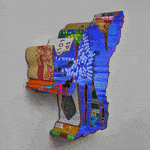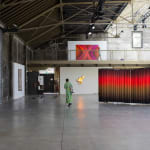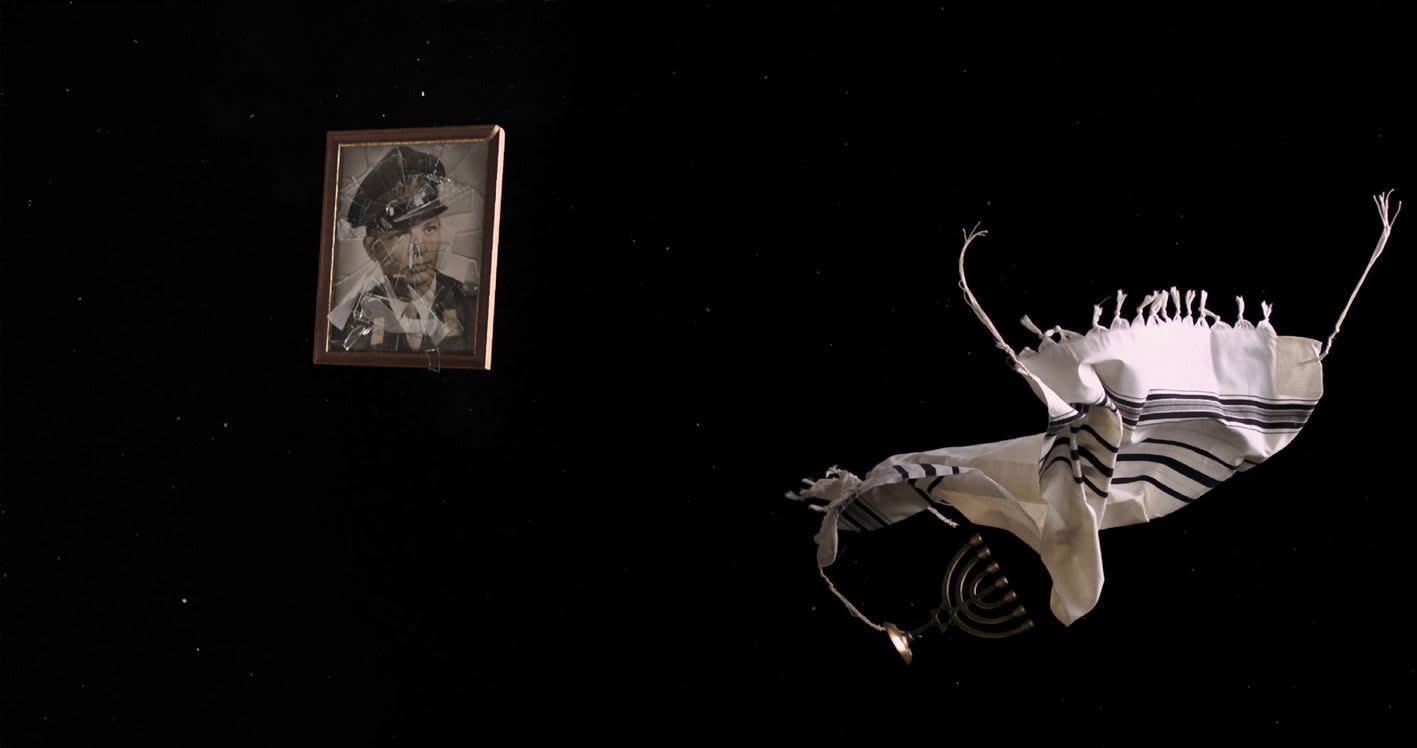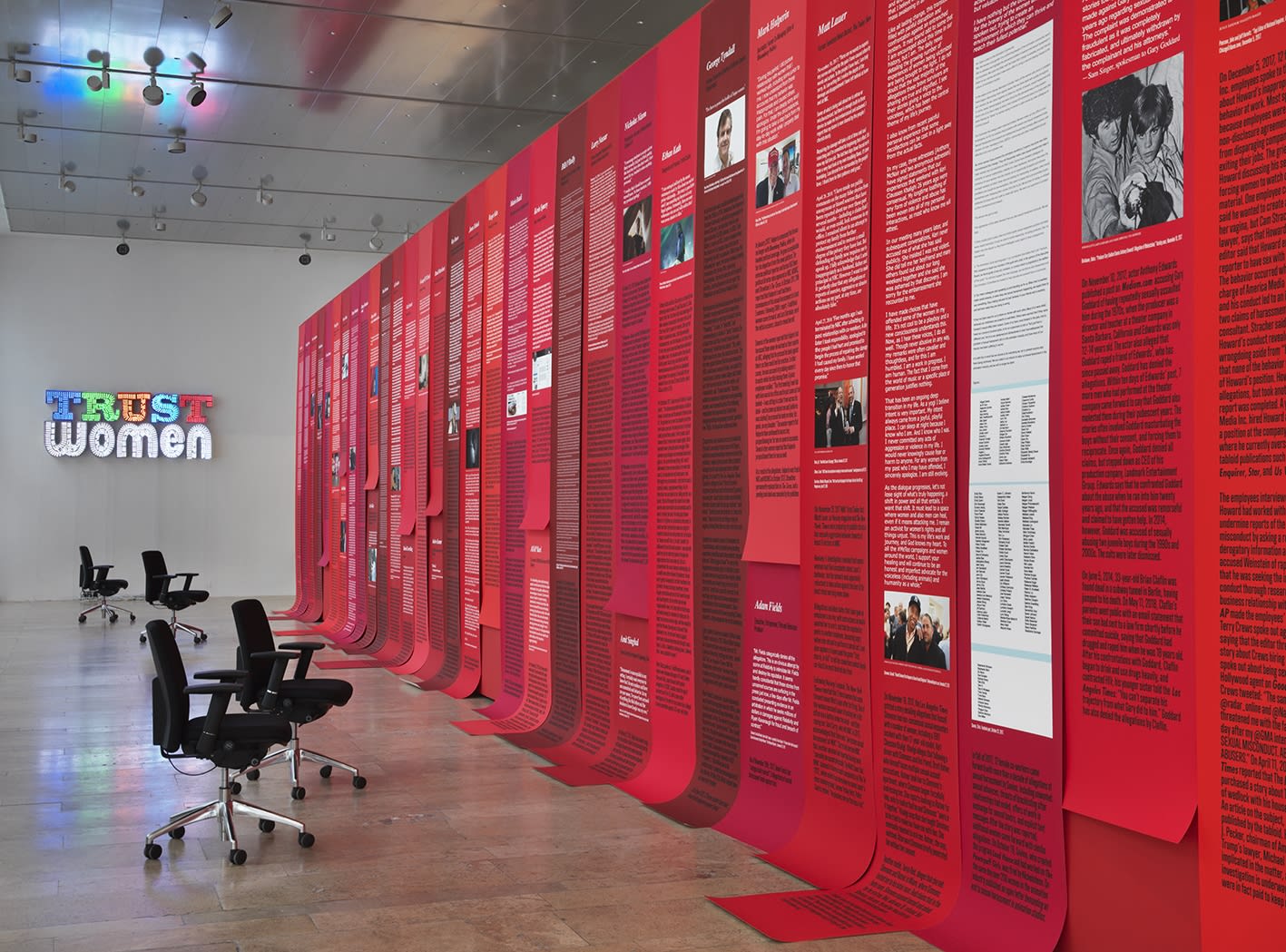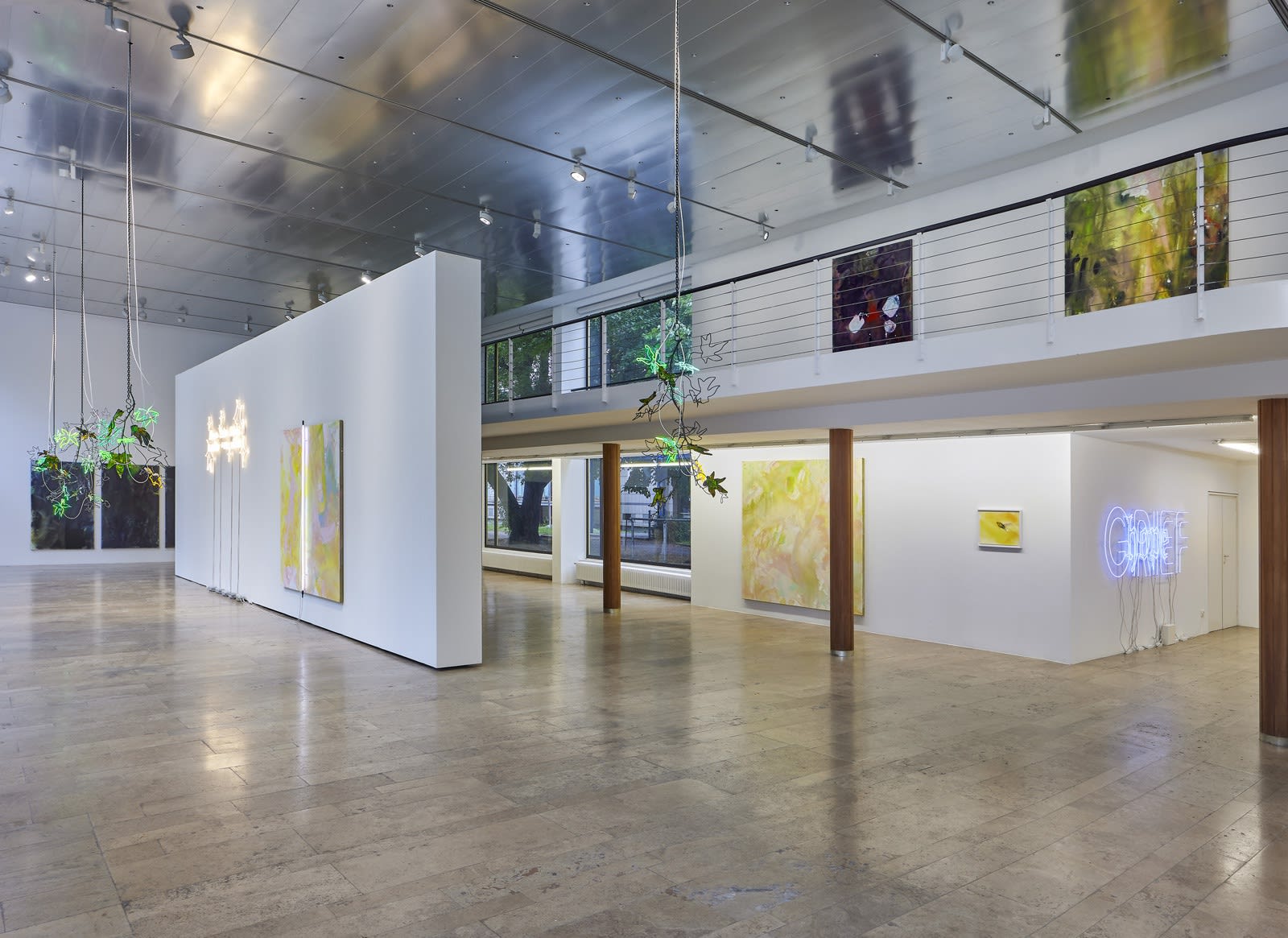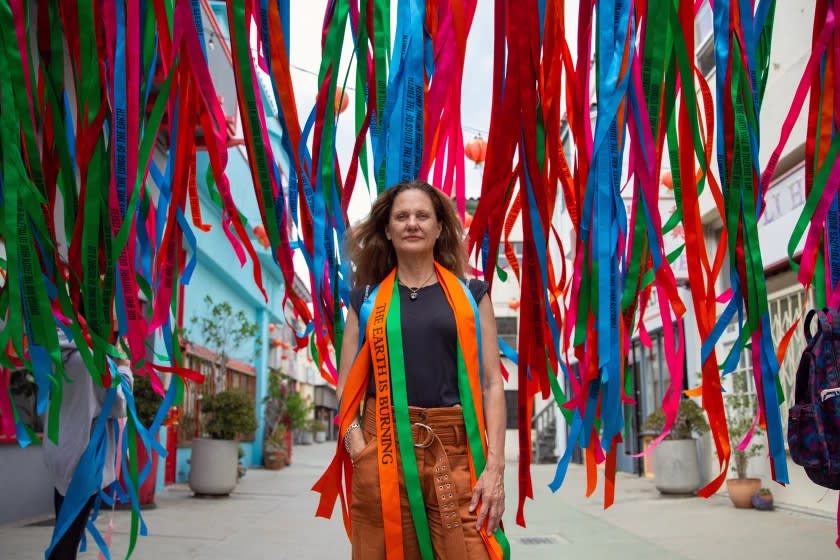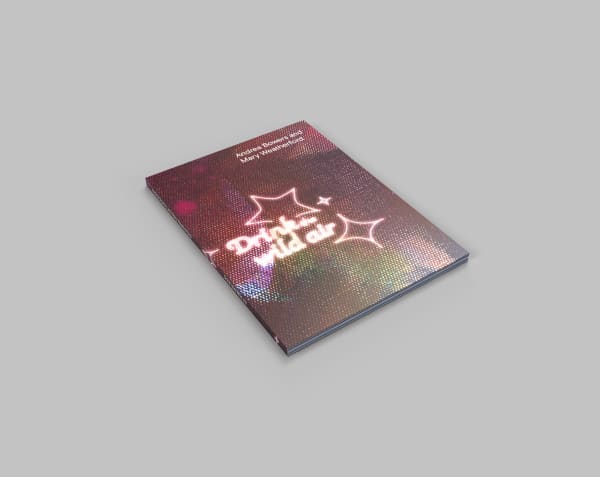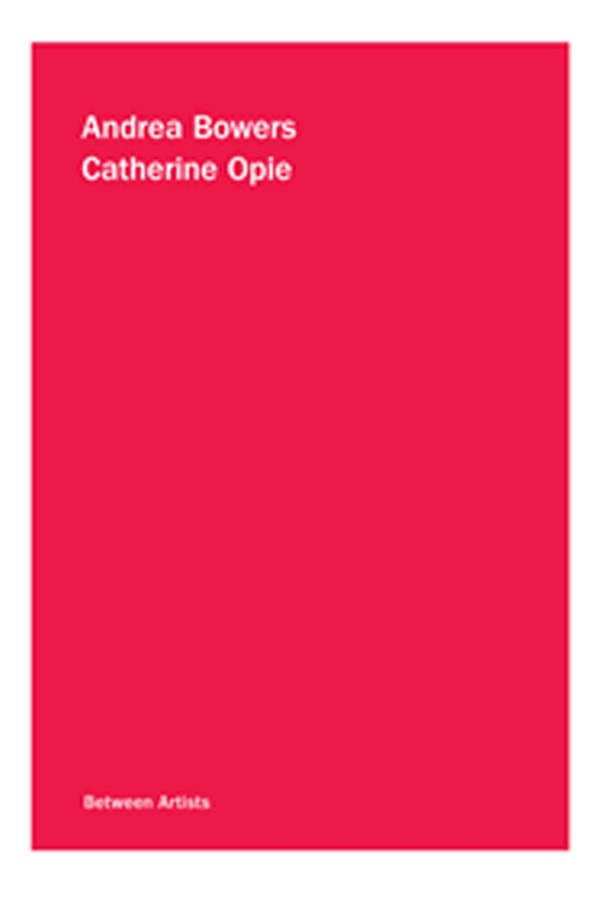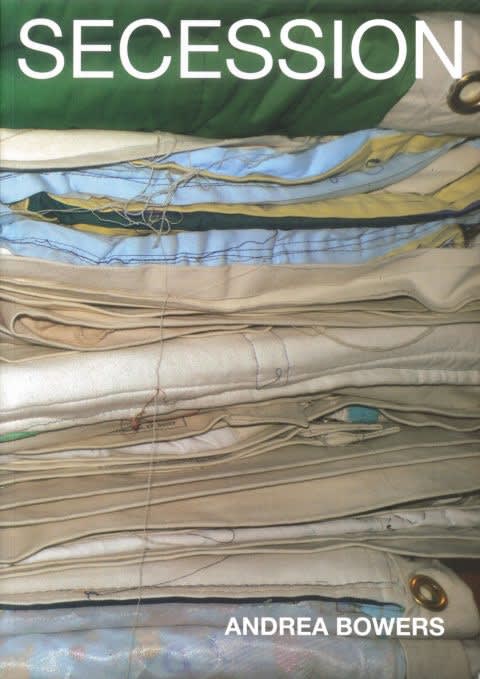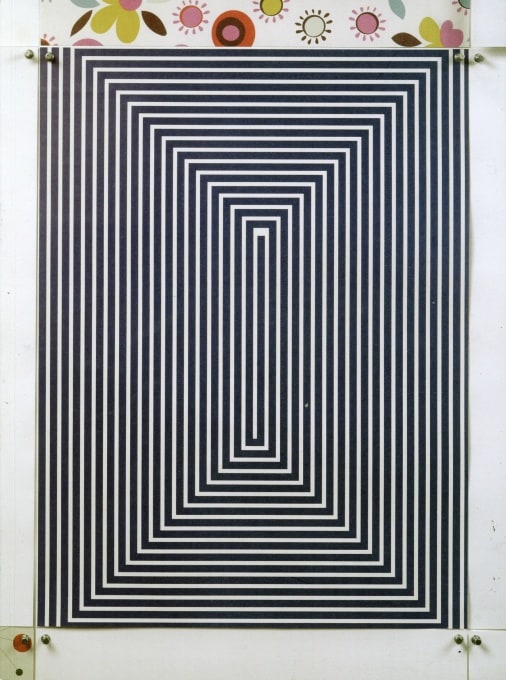Andrea Bowers
-
Biography
Born 1965 in Wilmington, OH
Lives and works in Los Angeles, CAOver the last 20 years Andrea Bowers has gained an international reputation as an artist and social activist. For Bowers, political engagement and artistic expression are inseparable. Her practice, which includes drawings, videos and installations, addresses a wide range of relevant socio-political issues from women’s and worker’s rights and the arms industry, to immigration politics and the climate crisis. Storytelling is integral to the work, and part of her activism consists of highlighting the narratives of resistance and rebellion.
Bowers has been the subject of solo exhibitions at Museum of Contemporary Art Cleveland (2024); Galleria d’Arte Moderna Milano in collaboration with Fondazione Furla, Milan (2022); The Hammer Museum, Los Angeles (2022); Museum of Contemporary Art Chicago (2021/2022); Museum Abteiberg, Mönchengladbach (2020); Weserburg Museum für moderne Kunst, Bremen (2019/2020); Contemporary Arts Center, Cincinnati (2017); Espace Culturel Louis Vuitton, Paris (2014); Wiener Secession, Vienna (2007); and The Power Plant, Toronto (2007). Bowers has exhibited internationally in biennials and major institutional group exhibitions, including Kunstmuseum Bonn (2023); Hayward Gallery, London (2023); Kunstmueum Ravensburg (2023); Kuntsmuseum Wolfsburg (2022); Carnegie Museum of Art, Pittsburgh (2022); Berkeley Art Museum (2021); Institute of Contemporary Art, Los Angeles (2021); Museum Kunstpalast, Düsseldorf (2020); Schirn Kunsthalle, Frankfurt (2018); Documenta 14, Fridericianum, Kassel (2017); Triennale Milano, Milan (2017); Aspen Art Museum (2016); and Albertina, Vienna (2015). Bowers’ work is held in the collections of The Hammer Museum, Los Angeles; MoMA, New York; Whitney Museum of American Art, New York; Hirshhorn Museum and Sculpture Garden, Washington, DC; The Museum of Contemporary Art, Los Angeles, Museum Of Contemporary Art, Chicago, among others.
-
-

-
-

-

-
WorksOpen a larger version of the following image in a popup:
 Hallen 4 – Kunstfestival
Wilhelmhallen, Berlin, 2023
Hallen 4 – Kunstfestival
Wilhelmhallen, Berlin, 2023
Courtesy: Hallen 4, Berlin / Photo: © Devid Gualandris, 2023Andrea Bowers
Sabo-Tabby, From Modern Witch House, 2022Cardboard and color changing LED lights, 7 colors98 x 82 x 15.5 cm
38.5 x 32 x 6 inchesB-ABOWERS-.22-0002Further images
Andrea Bowers' neon work, 'Sabo-Tabby, From Modern Witch House,' continues the artist's exploration of historical resistance movements, workers' rights campaigns, and nonviolent civil disobedience. In this artwork, Bowers pays homage...Andrea Bowers' neon work, "Sabo-Tabby, From Modern Witch House," continues the artist's exploration of historical resistance movements, workers' rights campaigns, and nonviolent civil disobedience. In this artwork, Bowers pays homage to the enduring spirit of these movements, drawing a resonant thread through time. She alludes to the iconic depiction of an impassioned black cat—an emblem historically associated with superstition, misfortune, and witchcraft— co-opted by labour folklorists since the 1880s to signify acts of sabotage, covert defiance, and various forms of collective action. This feline symbol's origins are rooted in the Industrial Workers of the World movement, its later evolution intertwining with the ethos of anarcho-syndicalism and eco-activism, encapsulating an enduring legacy of protest and dissent.
Bowers' use of neon underscores her commitment to merging aesthetics with social justice, concurrently venerating influential activists. In “Sabo-Tabby, From Modern Witch House” the artist invokes the historical role of neon as a conduit of communication within both artistic and political paradigms. Simultaneously tapping into neon's historical significance as an instrumentality — a medium rooted in the domains of commercial and industrial signage. Neon takes on renewed purpose, in this work, as a symbol within the artistic lexicon - an embodiment that encapsulates the tenets of defiance, non-violent resistance, and the enduring resonance of symbolic imagery. In this work, Bowers prompts us to reevaluate our perceptions of the path towards emancipatory progress.NewsExhibitionsExternal ExhibitionsPressPublicationsVideoRequest more information









